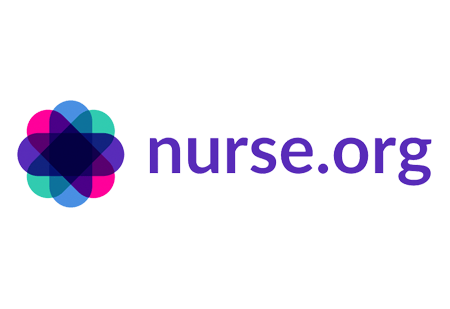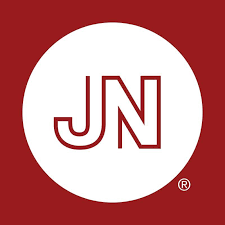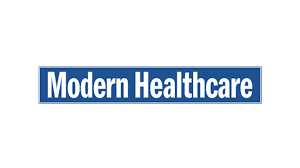
Editor's Note UnitedHealthcare’s 15% cut to certified registered nurse anesthetist (CRNA) reimbursements has ignited strong opposition from anesthesia leaders who warn the policy could endanger patient access to safe, affordable care in rural and underserved areas, Nurse.org October 14 reports. On October 1, UnitedHealthcare implemented the new policy, reducing payments…

Editor's Note Lock in system-level wins fast. The 2025 OR Manager Conference is right around the corner (October 28–30 in Anaheim, California), and it is loaded with how-to sessions that turn ideas into throughput, revenue, and workforce results you can bring home in Q4. This year’s agenda centers on pragmatic,…

Editor's Note University of California San Francisco (UCSF) surgeons and researchers presented a wide range of original work at the American College of Surgeons’ 2025 Clinical Congress in Chicago, held October 4–7. According to an October 7 article published by UCSF, the meeting featured topics from perioperative opioid stewardship and…

Editor's Note A new study shows hospitals can meaningfully reduce unnecessary preoperative testing for healthy patients undergoing low-risk surgeries without compromising safety or workflow, JAMA Network October 6 reports. The “Right-Sizing Testing Before Elective Surgery” (RITE-Size) strategy successfully lowered testing rates from 68.0% to 40.3% across three Michigan hospitals, while…

Robotic surgery has moved from cutting-edge to commonplace. The question is no longer whether to use robotics but when to introduce it and how to ensure adoption is efficient, affordable, and seamless for surgical teams. Ambulatory surgery centers (ASCs) are increasingly adding robotics to their service lines, driven by the…

Editor's Note Telehealth providers are divided over whether to continue serving Medicare patients after reimbursement expired alongside the federal government shutdown, Modern Healthcare October 9 reports. The impasse has forced organizations to weigh patient access against financial risk, with many issuing advance beneficiary notices warning patients they may be responsible…

Editor's Note Physician independence continues to decline as hospitals, insurers, and private equity firms expand their ownership of medical practices, according to a US Government Accountability Office (GAO) report published on September 22. The report found that 47% of physicians were employed by or affiliated with hospital systems in 2024,…
Editor's Note The US continues to outspend every other wealthy nation on healthcare, not because Americans use more services but because the prices of those services are far higher, Peterson-KFF Health System Tracker September 4 reports. The analysis compares US healthcare prices and utilization with 11 similarly wealthy countries and…

Editor's Note More than 200,000 older Americans underwent back surgeries they likely did need, costing Medicare and Medicare Advantage a combined $1.9 billion, Axios October 9 reports. The findings, based on an analysis by the Lown Institute, raise new concerns about overuse of high-cost procedures with limited benefit, as federal…

Editor's Note This year, the OR Manager Conference promises playbooks attendees can put to work the day they return home. The event, being held in Anaheim on October 28–30, targets the system-level goals perioperative leaders are accountable for: capacity, cost, culture, and safety across multi-site enterprises. Attendees will get concrete…